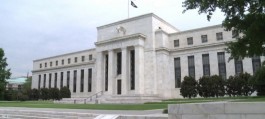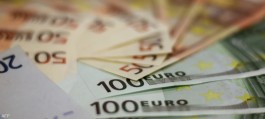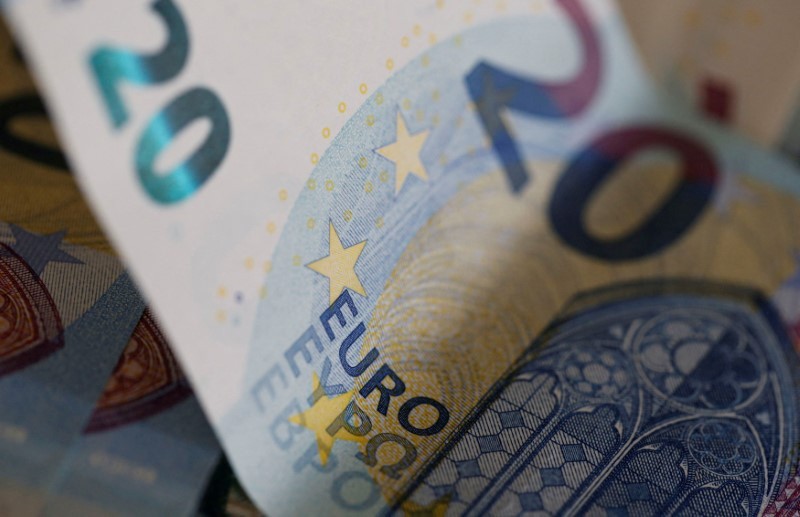The euro zone economy grew modestly in the second quarter, compared with a stronger-than-expected U.S. expansion, highlighting a persistent transatlantic growth gap as Germany, Europe's largest economy, remains in recession and reluctant consumers save more rather than spend on new homes or cars.
Eurozone gross domestic product rose by 0.3 percent in the second quarter on a quarterly basis, after growing by the same rate in the first quarter, according to official statistics released by the European Union's statistics agency Eurostat on Tuesday.
The second-quarter growth rate was higher than expectations of just 0.2 percent, thanks to growth in the economies of Ireland, Lithuania and Spain.
The single currency area is performing better than it did in 2023, but economists remain concerned about the situation for the whole year despite the expected boost from France hosting the Olympic Games.
While better-than-expected growth may be encouraging for many, there are concerns about the position of Germany, Europe's largest economic power, which is weighing on the single currency area's performance.
Germany, the eurozone's largest economy, slipped into recession, recording a 0.1 percent drop in gross domestic product.
In contrast, the US economy grew by 0.7 percent in the second quarter compared to the first quarter, and by 2.8 percent on an annualized basis.
American consumers are spending freely, while government spending from the larger budget deficit and subsidies for business investment in renewable energy under the Inflation Reduction Act, semiconductor production, and infrastructure are also helping the U.S. economy grow.
The picture in Europe bucks both trends, with consumers saving at record levels and governments beginning to rein in spending to reduce budget deficits.
The International Monetary Fund expects the eurozone to grow by 0.9 percent in 2024, compared with 2.6 percent in the United States and 5 percent in China.
Interest movements
The eurozone economy is like the water quality of the Seine: some days it looks okay but overall it's bad enough to keep worrying about, said Bert Collins of ING, referring to concerns about whether the French river is clean enough to host open-water swimming events during the Olympics.
He pointed out that the numbers will not prevent the European Central Bank from moving to cut interest rates further, although the Frankfurt-based institution indicated that more time is needed before cutting interest rates further.
Other economists noted that the data supports the European Central Bank's view that there is no need to rush to cut rates.
For the ECB, this means that cutting rates will remain an option, while domestic demand is unlikely to lead to higher inflation, Collins said.







































